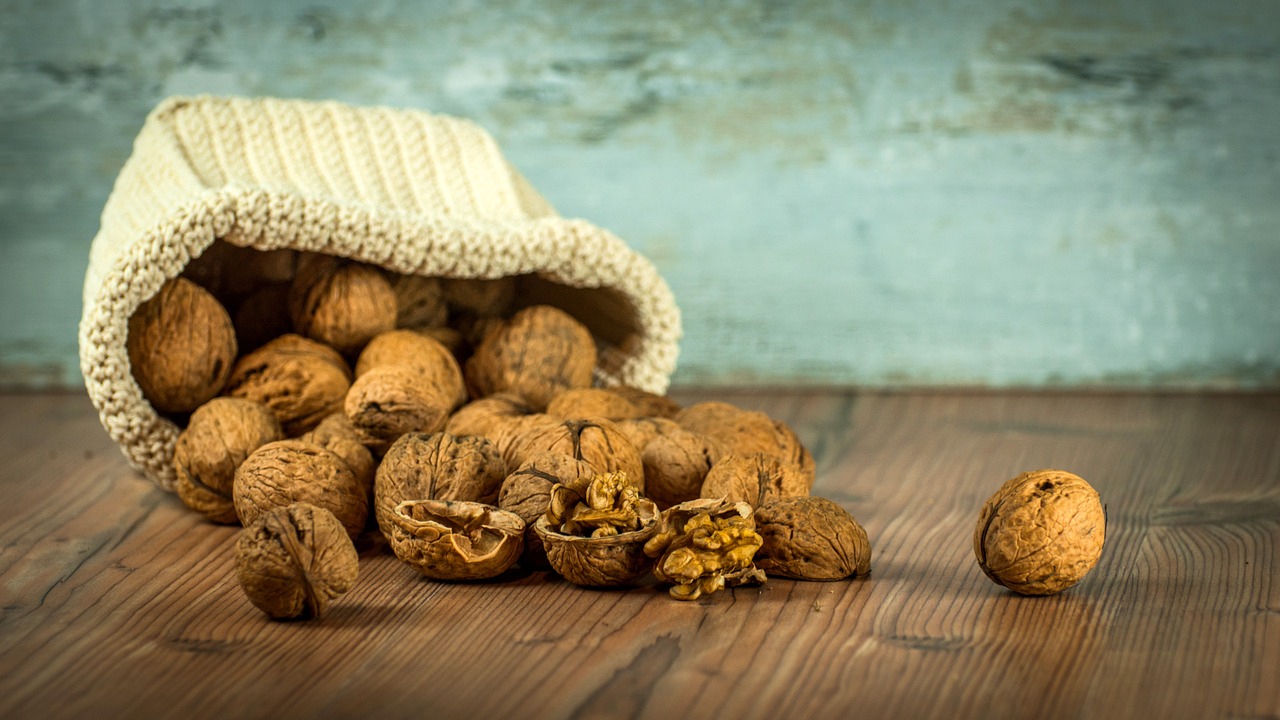The smells of space
What do walnuts, brake pads and burnt steak have in common? According to astronauts, they all smell like space. While each astronaut smells something a bit different, they all agree ‘space stinks’.
Obviously, space is a vacuum, so no one has really ‘smelled’ it before in the traditional sense of the word. If you tried, you’d die. But we can smell it indirectly. Researchers have been able to identify numerous compounds and elements within the galaxy—many of which are also found here on Earth. We are therefore able to make some assumptions about how they would smell in space. Astronauts returning from space walks have also described the tang on their spacesuits or in the airlocks of the shuttle.
The smells of space are important because they can tell us a lot about the chemical composition of our galaxy, revealing secrets of our solar system.
A succession of astronauts have described the smell as ‘… a rather pleasant metallic sensation ... [like] ... sweet-smelling welding fumes’, ‘burning metal’, ‘a distinct odour of ozone, an acrid smell’, ‘walnuts and brake pads’, ‘gunpowder’ and even ‘burnt almond cookie’.

But what is the cause of this combination of smells? We’re not 100 per cent sure yet, but there are a few ideas.
One explanation is that the smell is due to a chemical reaction which occurs within the spacecraft during re-pressurisation. The process is known as oxidation—similar to burning but with no smoke. In space, atomic oxygen (single atoms) can cling to a spacesuit’s fabric, to tools and potentially even to air-lock walls. When these single atoms of oxygen combine with O₂ in the cabin during re-pressurisation, they combine to make ozone (O₃). It may be this, and not an interstellar aroma, that astronauts are smelling.
Another (slightly sexier) idea is that the odour is due to dying stars. When a star dies it releases a lot of energy. This produces pungent compounds known as polycyclic aromatic hydrocarbons (PAHs), which float endlessly around the universe and assist in the creation of new comets, planets and stars. We have these PAHs on Earth too, you can find them in some foods, and also in coal and oil. PAHs experience high-energy vibrations, which, when combined with air, may be responsible for the unique tang of space.
But there are other smells in space besides, well, space. Comets, planets, moons and gas clouds have their own unique scent too.





